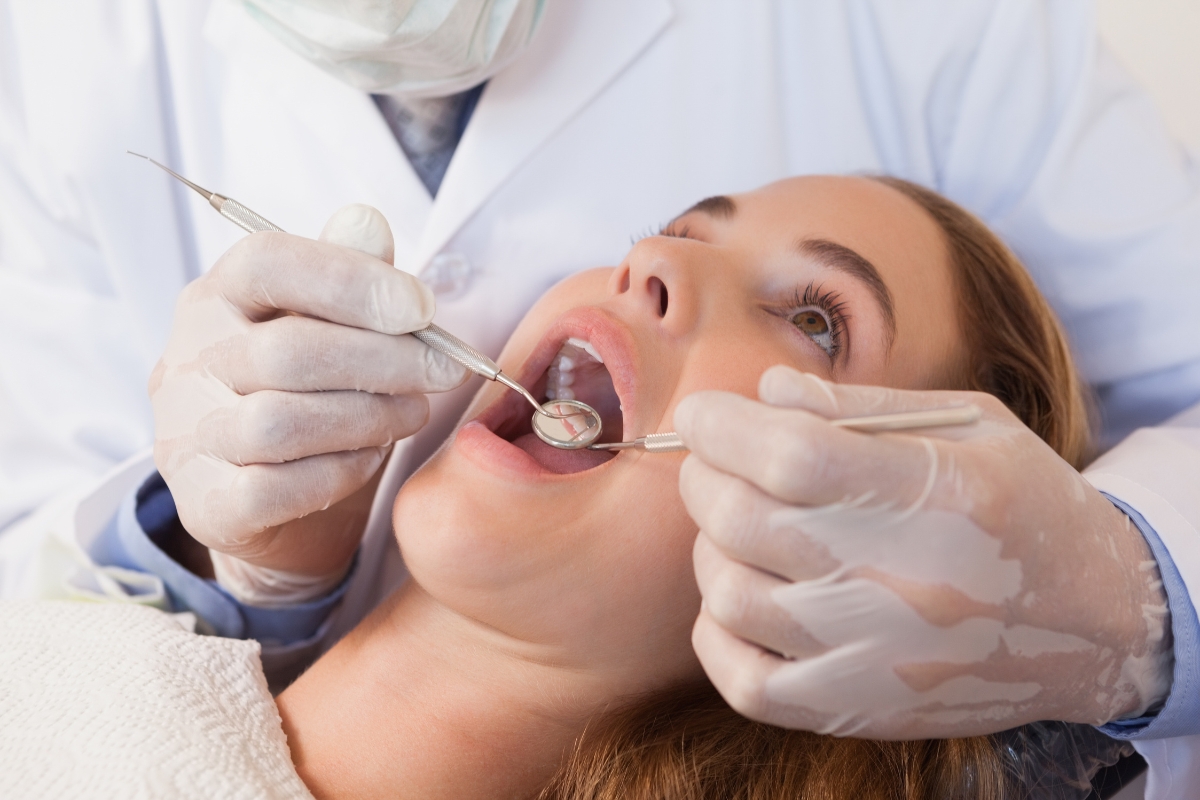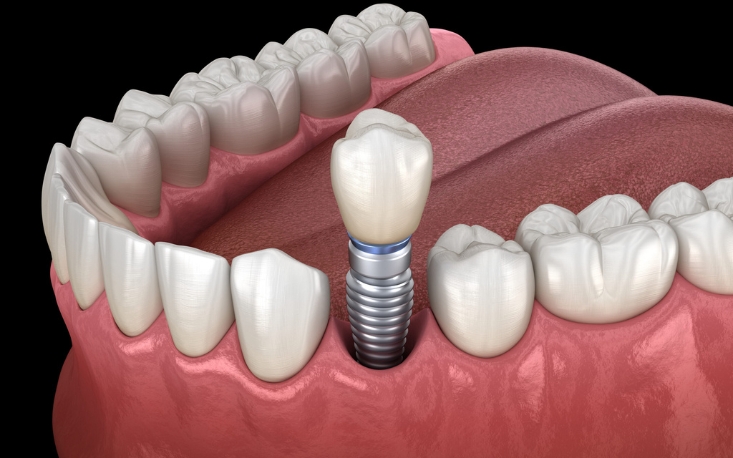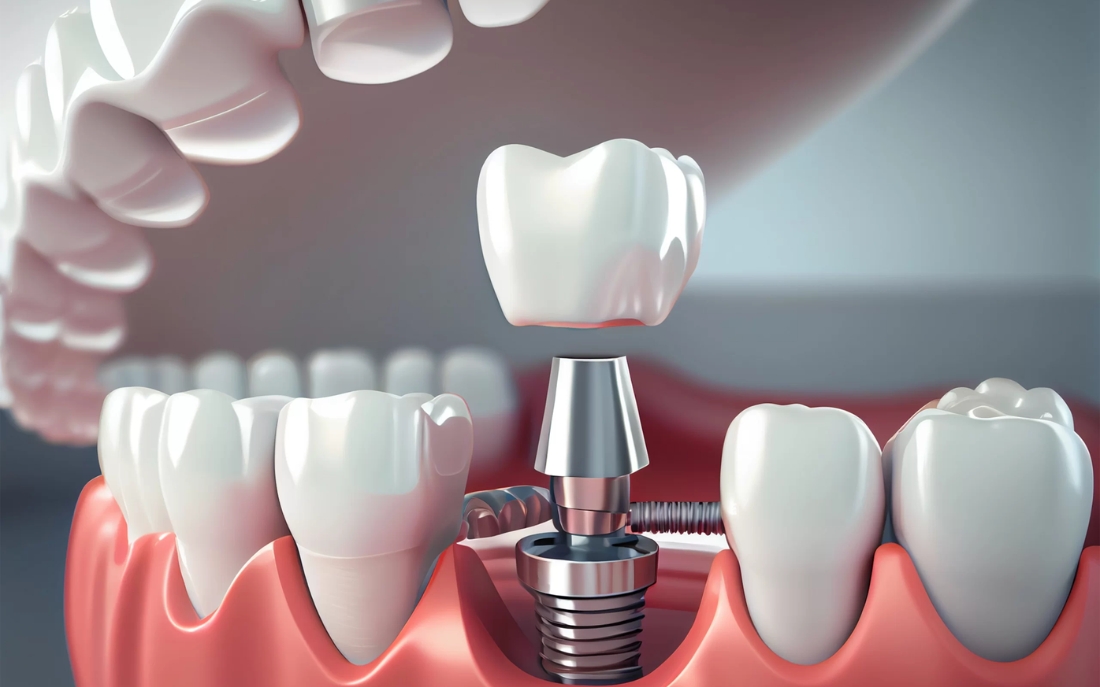How Many Days Should You Rest After Getting A Dental Implant?
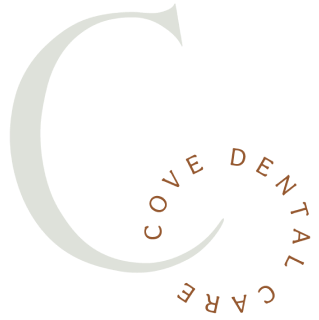
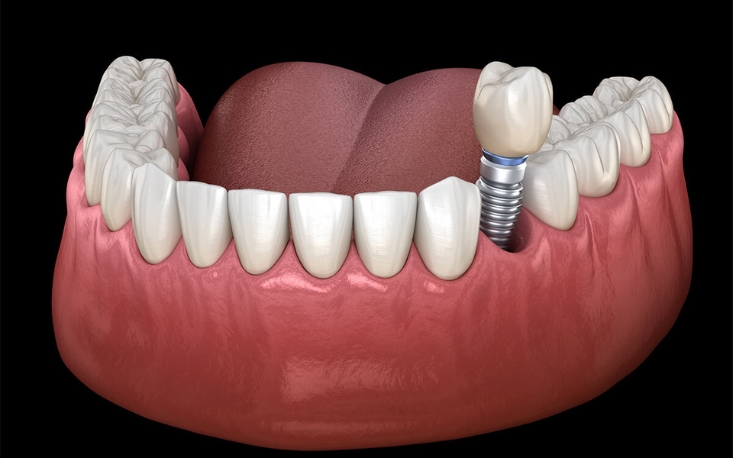
Are you thrilled about getting your new replacement teeth and can’t wait to show off your restored smile? This excitement is natural. However, for that, you must first heal properly to ensure the success of the treatment.
Knowing the right time to get back to your normal routine will also make you feel more comfortable as a patient suffering from oral problems. Read this blog to get an idea of how many days to rest after getting a dental implant.
Why Rest Is Crucial After a Dental Implant Surgery?
This tooth replacement option is a permanent solution for missing teeth. In this process, the dentist will insert a titanium post into your jawbone, which will bond with your jaw through a process known as osseointegration.
A good bond will keep your implant stable, and only a good rest can help your body achieve that.
Skipping rest or rushing into strenuous activities too early may compromise the healing process. Rest will prevent complications such as swelling and bleeding to pave the way for a smooth recovery.
The First 48 Hours: A Non-Negotiable Rest Period
The initial two days following your surgery for a dental implant in Greer are crucial. Throughout these two days, your body is in high gear, healing the operated area. Here’s what you should do:
- Steer clear of any physical activities, such as exercise or heavy lifting.
- Apply ice packs on your cheek by the operation site in 15-minute intervals.
- You can use prescribed painkillers as instructed by the dentist.
- Only consume soft foods such as yogurt or mashed potatoes, and steer clear of anything hot or spicy.
- Gently rinse your mouth with salt water, but avoid brushing near the treatment site.
Days 3–5: Starting Light Activities
By day three, light activities are acceptable. Here are the steps that you can take
- You can undoubtedly go for walks, but do not run or lift weights.
- Gradually add more solid food, but continue to avoid anything crunchy or chewy.
- Watch for signs of complications, such as excessive swelling or pain.
One Week After Surgery: Going Back to Normal
You will mostly feel comfortable returning to normal activities after around a week. However, do keep avoiding these activities:
- You can begin moderate exercises, but avoid movements that might strain your jaw.
- If your work is in a physically demanding sector, check with your dentist before you go back to work.
- See the dentist by scheduling a follow-up appointment and make sure everything is healing properly.
Reasons Why You Might Need a Longer Resting Period
Here are some causes that might affect the pace of your recovery after a dental implant surgery;
- Are you a senior patient? You might heal more slowly because of weaker bone density and slower tissue rebuilding.
- Health issues such as diabetes or immune system diseases can hamper your recovery process.
- Smoking and excessive alcohol consumption can restrict blood flow and must be avoided during recovery.
- Multiple implants equal more surgical areas. So you might need longer to heal.
- Did you have to undergo procedures like bone grafting before this surgery? Then you need more time to recover completely.
Resting after getting a dental implant isn’t just about feeling better. It will help you protect the investment in your oral health. By following these guidelines and listening to your body, you can experience a smooth recovery and years of benefits.
Are you ready to heal without complications? Schedule a consultation today!
